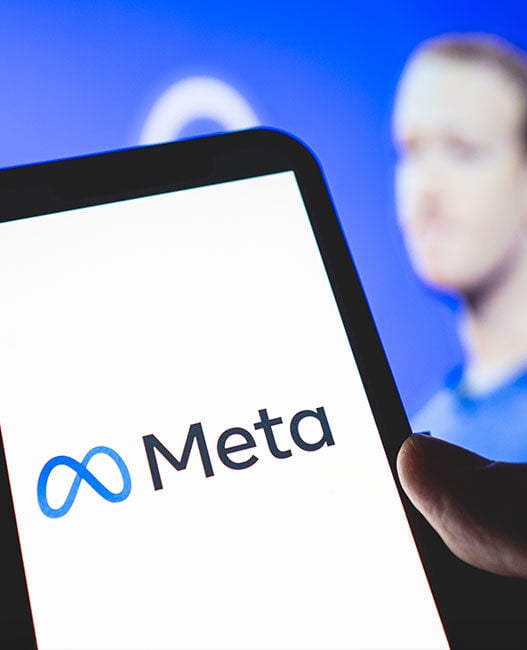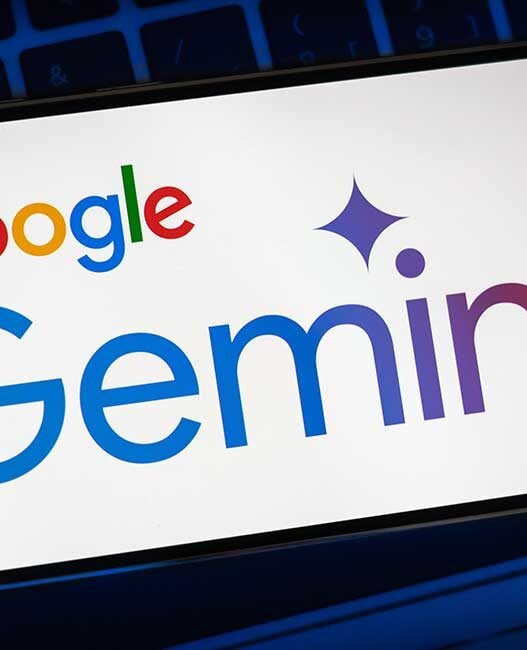It’s staggering growth since it’s debut in November with ChatGPT has seen it break records in the speed it which it reached one million users; its CEO appear before congress to discuss the dangers of AI, and now, even have a telecoms giant BT announce it will use it to replace a fifth of the 55,000 job cuts it will enact.
Although the BT job cuts will come by the end of the decade, the fact that they announced them mere months after the entry of generative AI onto the scene has many asking: has the wave of ChatGPT layoffs begun?
ChatGPT examined
In case you’ve been living under a rock, OpenAI’s ChatGPT is a generative AI language programme designed to generate human-like text responses based on the given input. The model uses a deep learning architecture called the Transformer, which allows it to understand and generate coherent and contextually relevant responses. Equally, ChatGPT has been trained on a massive dataset containing a wide range of Internet text, including books, articles, and websites, to learn patterns and relationships in language. It has the ability to understand and respond to questions, engage in conversations, provide explanations, and offer suggestions across various topics.
Having all this programming, and a huge amount of the Internet to draw from, means that it has more knowledge than humans. Pair this with the fact that it uses deep learning means it can also constantly change and adapt to different circumstances, so there isn’t a cap per-se where a human can outperform it.
Obviously, being a computer programme means that it isn’t going to be putting any physical workers like plumbers out of a job anytime soon – even if it had all the knowledge of the procedures a plumber does – but the jobs that are purely computer based are the ones at risk.
When prompted about this very question, ChatGPT itself lists customer support, content generation, data entry and processing; basic legal and administrative tasks, and language translation as jobs that it could replace and are at risk of this generative AI revolution.
Indeed, the jobs BT intend to replace with AI programmes like ChatGPT are in the customer support department of its organisation.
Have the cuts already come?
But rather than being some distant reality the world will have to come to contend with like in the case with BT, the job cuts caused by ChatGPT have already come.
Just last month (May 2023), a report by outplacement company Challenger, Gray, & Christmas, Inc stated that just under 4,000 were laid off due to the technology. This phenomenon was closer examined in a Washington Post which told the story of a 25-year-old copywriter at a tech startup in San Francisco. The company began acquainting employees with the chatbot via its internal comms groups; then, managers began referring to the copywriter with a ‘ChatGPT’ suffix attached to her name, and finally, in April, she was let go. She was the company’s only copywriter.
Although experts and academics have downplayed its ability – claiming advanced AI doesn’t match the writing skills of a human – when comparing the subtle nuances a human brings to copy v the added costs they create, startups like the one mention above believe the cost-cutting is worth a drop in quality. Goldman Sachs have predicted this boom in AI could lead to 18% of work worldwide being automated.
Yet, although there may be evidence of it happening already, when looking at the broader scheme of things, the job losses are comparatively low. Decade-high inflation has caused many companies to cut costs and freeze hiring, so although generative AI may be seemingly be taking jobs, it could instead be a plaster to plug up job losses that were coming down the pipes anyway rather than prompting the cut itself. Associate professor Wharton School of Business Ethan Mollick compared generative AI to ‘an intern’, so chances are when the economy levels out those position may become opened for humans once more.
So, although AI may have replaced some workers, it may be too soon to pack your bags or re-enrol at university. Yet one thing analysts and even lawmakers agree is that generative AI like this will disrupt the job market, but the question is when will we really see it take effect.















